In recent years, the trade relationship between China and Spain has grown significantly, making it one of the key corridors for international commerce. China has become Spain’s largest trading partner in Asia, while Spain ranks among China’s most important partners in the European Union. This dynamic trade relationship encompasses a wide range of products, including machinery, electronics, textiles, and agricultural goods.
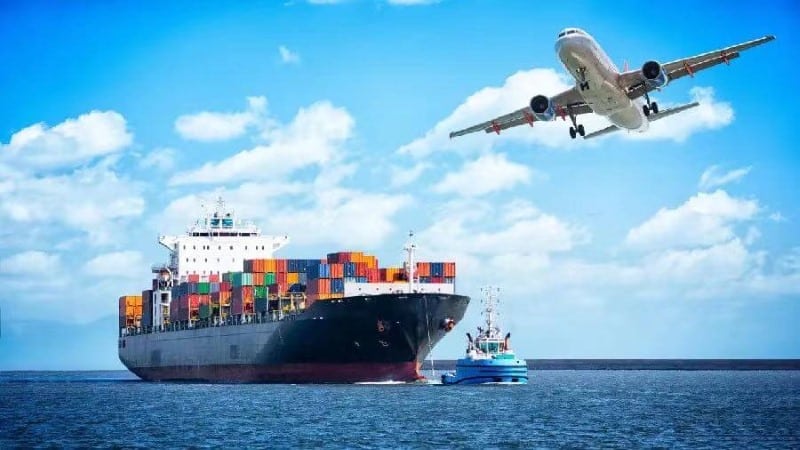
In this blog, we will explore the intricacies of door-to-door shipping from China to Spain, delving into the various shipping methods available, the challenges faced during the shipping process, and strategies to overcome these challenges. Understanding the logistics of shipping is essential for businesses looking to optimize their supply chain and effectively manage their imports. By providing insights into customs regulations, transit times, and cost factors, this blog aims to equip businesses with the knowledge necessary for successful international trade.
What is Door-to-Door Shipping?
Door-to-door shipping is a logistics service that provides the transportation of goods directly from the seller’s premises to the buyer’s destination. This service encompasses all aspects of the shipping process, including pickup, transportation, customs clearance, and delivery to the final location. The convenience of door-to-door shipping has made it an increasingly popular choice for international trade, especially for businesses looking to streamline their supply chain operations.
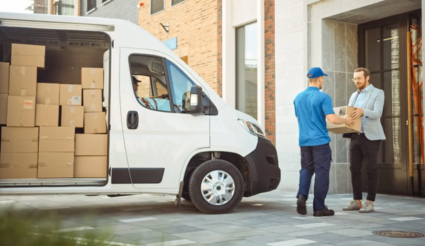
Key Components of Door-to-Door Shipping
The process of door-to-door shipping typically includes several key components:
- Pickup: The logistics provider arranges for the collection of goods from the seller’s location.
- Transportation: The goods are transported via suitable means, which could include Ocean Freight or air freight, depending on the urgency and nature of the shipment.
- Customs Clearance: The logistics provider handles all necessary customs documentation and processes, ensuring compliance with international shipping regulations.
- Delivery: Finally, the shipment is delivered to the buyer’s specified address.
These components work seamlessly to ensure that goods are delivered safely and efficiently.
DDU and DDP
Two common terms associated with door-to-door shipping are DDU (Delivered Duty Unpaid) and DDP (Delivered Duty Paid).
- DDU: Under a DDU agreement, the seller is responsible for delivering the goods to the destination country, but the buyer is responsible for paying any import duties and taxes upon arrival. This means the buyer may need to manage customs clearance upon delivery.
- DDP: Conversely, with a DDP agreement, the seller takes full responsibility for shipping costs, customs clearance, and payment of duties and taxes. This arrangement simplifies the process for the buyer, as they receive the goods without needing to handle customs.
Understanding these terms is crucial for both sellers and buyers to navigate the complexities of international shipping effectively.
Advantages of Door-to-Door Shipping
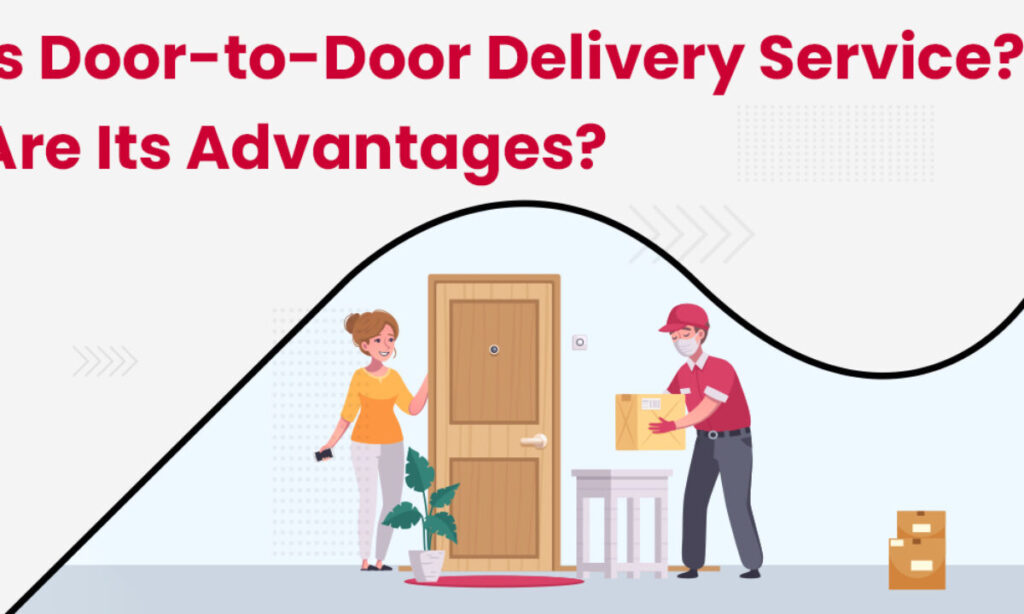
Convenience and Time-Saving
One of the primary advantages of door-to-door shipping is its inherent convenience. Businesses can manage shipments without needing to coordinate multiple logistics providers. The entire process is streamlined, allowing sellers and buyers to focus on their core operations rather than the intricate details of shipping logistics.
Reduced Handling and Potential for Damage
By minimizing the number of touchpoints throughout the shipping process, door-to-door shipping reduces the risk of damage to goods. Fewer handling points mean lower chances of mishaps, ensuring that products arrive at their destination in optimal condition. This is particularly important for fragile or high-value items, where the risk of damage can lead to significant losses.
Simplified Customs Clearance Process
The involvement of a professional logistics provider eases the customs clearance process. As experts in international regulations, they ensure that all paperwork is correctly completed and submitted, preventing delays caused by compliance issues. This can save both time and money, ensuring that shipments are cleared promptly.
Single Point of Contact for the Entire Shipment
With door-to-door shipping, businesses benefit from having a single point of contact throughout the entire shipping process. This means that any issues or questions can be addressed promptly, eliminating confusion and enhancing communication. The logistics provider takes on the responsibility of coordinating all aspects of the shipment, offering peace of mind to both the seller and the buyer.
In conclusion, door-to-door shipping provides a comprehensive solution for international trade, offering convenience, reduced risk, and streamlined processes. For businesses looking to optimize their shipping operations, engaging a reliable logistics provider like Dantful International Logistics can enhance their shipping experience.
Shipping Methods from China to Spain
When it comes to door-to-door shipping from China to Spain, there are several methods available, each catering to different needs based on factors such as urgency, cost, and the nature of the goods being transported. The three main shipping methods include air freight, sea freight, and express shipping.
Air Freight Door-to-Door Shipping
Air freight is one of the fastest methods available for door-to-door shipping. This method is ideal for high-value or time-sensitive goods that need to reach Spain quickly. Air freight services typically involve comprehensive logistics solutions, including pickup from the supplier in China, customs clearance, and delivery to the final destination in Spain. While air freight can be more expensive than sea freight, it offers the advantage of significantly reduced transit times, often allowing shipments to arrive within a few days.
Sea Freight Door-to-Door Shipping
Sea freight is a cost-effective option for shipping large volumes of goods. It can be categorized into two main types: Full Container Load (FCL) and Less than Container Load (LCL).
- FCL (Full Container Load): This shipping method is suitable for businesses that have enough cargo to fill an entire container. It offers better security for the goods and can be more economical for large shipments. With FCL, the entire container is sealed at the origin and delivered directly to the destination.
- LCL (Less than Container Load): LCL is more suitable for smaller shipments that do not require a full container. In this case, multiple shipments from different customers share container space. While this method can be more affordable, it may involve additional handling and longer transit times compared to FCL.
Express Door-to-Door Shipping
Express shipping is the quickest option available, designed for urgent deliveries. This method utilizes services from major carriers that prioritize speed and efficiency. Express door-to-door shipping is commonly used for small parcels or documents that need to be delivered within a specific timeframe. While this option is typically the most expensive, it guarantees prompt and reliable service, making it ideal for businesses that cannot afford delays.
Read More:
- Shipping From China To Netherlands
- Shipping From China To Spain
- Shipping From China To Germany
- Shipping From China To France
- Shipping From China to Italy
- Shipping From China To Poland
- Shipping From China to United Kingdom
Steps in the Door-to-Door Shipping Process

Navigating the door-to-door shipping process involves several crucial steps, each designed to ensure that shipments are delivered efficiently and securely.
Pickup from the Supplier in China
The first step in the door-to-door shipping process is arranging for the pickup of goods from the supplier in China. A logistics provider will coordinate the collection, ensuring that the necessary documentation is in order and that the goods are securely packed for transportation.
Export Customs Clearance in China
Once the goods are picked up, the next step involves obtaining export customs clearance in China. This process includes preparing and submitting all required documentation to the customs authorities to ensure that the shipment complies with local regulations. A reliable logistics provider can facilitate this process efficiently, minimizing any potential delays.
International Transportation (Air or Sea)
After successfully clearing export customs, the shipment is transported internationally, either by air or sea, depending on the chosen shipping method. This stage is critical and requires careful tracking to ensure that the goods are en route to Spain without any issues. Logistics providers often offer real-time tracking to keep clients updated on their shipments.
Import Customs Clearance in Spain
Upon arrival in Spain, the shipment must undergo import customs clearance. This step involves submitting all relevant documentation to Spanish customs authorities to ensure the shipment meets all import regulations. The logistics provider will handle this process, ensuring compliance and facilitating smooth clearance.
Last-Mile Delivery to the Final Destination
The final step in the door-to-door shipping process is last-mile delivery. This involves transporting the goods from the customs facility to the specified final destination, whether it be a warehouse or directly to the buyer’s premises. Efficient last-mile delivery is essential for ensuring that goods reach their destination promptly and in excellent condition.
Engaging a professional logistics provider like Dantful International Logistics can simplify these complexities, offering tailored solutions for your shipping needs.
Customs and Documentation

Navigating customs and documentation is a critical aspect of door-to-door shipping from China to Spain. Properly preparing the required documents and understanding the import regulations can significantly affect the efficiency of the shipping process.
Required Documents for Export from China
When exporting goods from China, several key documents are typically required to ensure compliance with Chinese export regulations. These documents may include:
- Commercial Invoice: This document outlines the details of the goods being sold, including descriptions, quantities, and prices.
- Packing List: A detailed list of all items in the shipment, including weight and dimensions, which helps customs authorities verify the contents.
- Bill of Lading (BOL): A contract between the shipper and the carrier that details the transportation of goods, serving as a receipt of shipment.
- Export License: Depending on the type of goods being exported, an export license may be required, especially for regulated items.
- Customs Declaration Form: This form is essential for declaring the shipment to the customs authorities in China, ensuring compliance with export regulations.
Failure to provide the necessary documentation can lead to delays or even fines, making it crucial to work with a reliable logistics provider who understands these requirements.
Import Regulations and Documentation for Spain
Once the goods arrive in Spain, they must comply with local import regulations. Key documentation required for customs clearance in Spain includes:
- Import Declaration: A declaration that provides details about the goods being imported, necessary for customs authorities to assess duties and compliance.
- Commercial Invoice: Similar to the export stage, this document is critical for determining the value of the imported goods for duty assessment.
- Payment of Duties and Taxes: Import duties and VAT must be paid before customs clearance can be completed.
- Certificate of Origin: Some goods may require proof of origin to determine applicable tariffs and comply with trade agreements.
Understanding these requirements helps avoid delays and ensures compliance with Spanish customs regulations.
Tips for Smooth Customs Clearance
To ensure a smooth customs clearance process, consider the following tips:
- Engage a Professional Freight Forwarder: Working with a reliable logistics partner can help streamline the customs process, as they are well-versed in documentation and regulations.
- Ensure Accuracy: Double-check that all documents are accurate and complete to prevent discrepancies that could lead to delays.
- Stay Informed About Regulations: Customs regulations can change, so staying up-to-date on current import/export laws can help prevent issues.
- Prepare for Inspections: Be ready for the possibility of customs inspections, and ensure goods are labeled and packaged appropriately.
By adhering to these strategies, businesses can mitigate the risk of customs-related delays and ensure efficient processing.
Choosing a Reliable Shipping Partner
Selecting the right shipping partner is vital for the success of your door-to-door shipping operations from China to Spain. A dependable freight forwarder can make a significant difference in the efficiency and cost-effectiveness of your logistics.
Factors to Consider When Selecting a Freight Forwarder
When choosing a freight forwarder, consider the following factors:
- Experience and Reputation: Look for a freight forwarder with a proven track record in international shipping, particularly in the China-Spain trade routes. Positive reviews and testimonials can provide insight into their reliability.
- Range of Services: Ensure that the freight forwarder offers a comprehensive suite of services, including customs clearance, insurance, warehousing, and tracking solutions.
- Pricing Structure: Compare pricing models among different forwarders to ensure transparency and avoid hidden fees. A clear understanding of costs can help manage your shipping budget effectively.
- Customer Support: Reliable customer support is critical in addressing any issues that may arise during shipping. Choose a freight forwarder that provides dedicated support throughout the shipping process.
Importance of Experience in China-Spain Trade Routes
Experience in the specific trade route between China and Spain can greatly enhance the efficiency of the shipping process. A freight forwarder familiar with the unique challenges and regulations of this route will have established relationships with local customs authorities and carriers, allowing for smoother operations. Their expertise can help navigate potential pitfalls and expedite the shipping process.
Services to Look For (Tracking, Insurance, etc.)
When selecting a shipping partner, it is essential to look for additional services that can enhance your shipping experience:
- Tracking: Real-time tracking capabilities allow you to monitor the status of your shipment, providing peace of mind and transparency.
- Insurance: Adequate insurance coverage protects against potential losses or damages during transit, ensuring that your investment is safeguarded.
- Warehousing Services: The availability of warehousing facilities can be beneficial for businesses that require temporary storage before last-mile delivery.
- Flexible Shipping Solutions: A good shipping partner should offer a variety of shipping options, including air, sea, and express services, tailored to your specific needs.
By considering these factors and seeking a reliable freight forwarder like Dantful International Logistics, businesses can ensure a seamless shipping process from China to Spain, optimizing their supply chain operations effectively.
Dantful International Logistics Services:
- Dantful Ocean Freight Services
- Air Freight From China
- Amazon FBA Freight Forwarding
- WAREHOUSE Services
- One-Stop Customs Clearance Solution
- Cargo Insurance Services in China
- DDP Shipping Services By Dantful Logistics
- Out of Gauge Cargo Transportation Shipping Services
Cost Factors in Door-to-Door Shipping
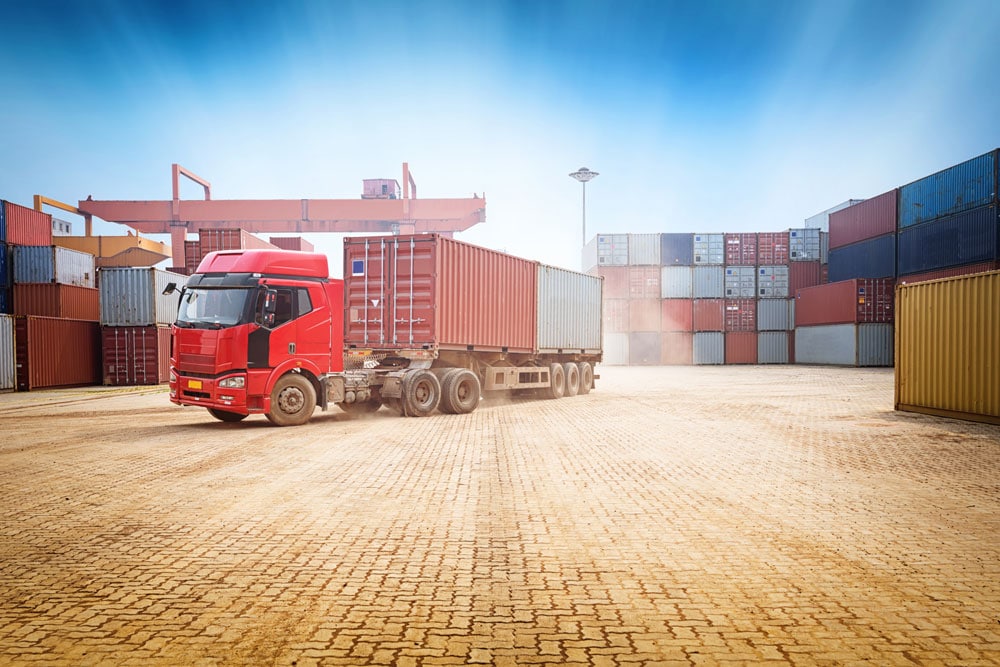
Understanding the cost factors involved in door-to-door shipping is essential for businesses looking to manage their logistics expenses effectively. Several typical costs contribute to the overall price of shipping goods from China to Spain.
Breakdown of Typical Costs Involved
The costs associated with door-to-door shipping can be categorized into several components:
| Cost Component | Description |
|---|---|
| Pickup Fees | Charges for collecting goods from the supplier in China. |
| Transportation Costs | Costs incurred for shipping goods, whether by air or sea. |
| Customs Clearance Fees | Fees paid to customs agents for processing documentation. |
| Import Duties and Taxes | Government-imposed fees for importing goods into Spain. |
| Insurance | Optional cost to cover loss or damage during transit. |
| Last-Mile Delivery Fees | Charges for final delivery from customs to the destination. |
Factors Affecting Pricing
Several factors can influence the overall pricing of door-to-door shipping:
- Shipping Method: Air freight is typically more expensive than sea freight, but it offers faster delivery. Understanding the trade-offs can help businesses choose the right method for their needs.
- Volume and Weight: Larger and heavier shipments often incur higher transportation costs. Companies should consider consolidation options (like using FCL or LCL) to optimize costs.
- Distance: The distance between the pickup location in China and the final destination in Spain will impact transit costs.
- Customs Regulations: Different products may be subject to varying import duties and taxes, affecting overall shipping costs.
- Currency Fluctuations: Changes in currency exchange rates can impact the costs associated with international trade, especially for businesses operating in different currencies.
Tips for Cost Optimization
To minimize shipping costs while maintaining efficiency, consider the following strategies:
- Consolidate Shipments: Whenever possible, consolidate shipments to reduce the number of pickups and lower transportation costs.
- Negotiate Rates: Building a relationship with a freight forwarder can lead to better pricing through negotiated contracts.
- Opt for Sea Freight: For non-urgent shipments, utilizing sea freight can significantly reduce costs compared to air freight.
- Review Customs Duties: Understanding the applicable duties for your products can help avoid unexpected costs and allow for better budgeting.
Transit Times in Door-to-Door Shipping
Understanding transit times is crucial for businesses to manage customer expectations and optimize inventory. Different shipping methods have varying durations, and several factors can impact these times.
Estimated Durations for Different Shipping Methods
The following table provides an overview of estimated transit times based on the shipping method chosen:
| Shipping Method | Estimated Transit Time |
|---|---|
| Air Freight | 3-7 days |
| Sea Freight (FCL) | 20-30 days |
| Sea Freight (LCL) | 30-40 days |
| Express Shipping | 1-3 days |
Factors That Can Affect Delivery Times
Several factors can influence the transit times of door-to-door shipping:
- Customs Processing: Delays during customs clearance can significantly affect delivery times. Navigating complex customs regulations efficiently can help minimize these delays.
- Weather Conditions: Adverse weather events can disrupt transportation schedules, particularly for air and sea freight.
- Port Congestion: High traffic at ports can delay unloading and processing times, affecting the overall transit duration.
- Transportation Mode: The chosen shipping method directly impacts delivery time, with air freight being the fastest option while sea freight may take longer.
- Last-Mile Delivery Issues: Delays in the last-mile delivery phase can occur due to local traffic, address inaccuracies, or other logistical challenges.
Being aware of these factors can help businesses anticipate potential delays and plan accordingly. Engaging with a reliable logistics partner like Dantful International Logistics can further streamline the shipping process, providing accurate estimates and expert guidance throughout the journey.
Challenges and How to Overcome Them

In the logistics landscape, shipping from China to Spain poses several challenges that can affect the efficiency and reliability of the door-to-door shipping process. Identifying these common issues and implementing strategies to mitigate them is crucial for successful international trade.
Common Issues in China-Spain Shipping
- Customs Delays: One of the most prevalent challenges is customs clearance. Incomplete documentation or non-compliance with regulations can lead to significant delays in the shipping process.
- Transportation Disruptions: Weather conditions, port congestion, or carrier issues can disrupt the transportation schedule, leading to unexpected delays.
- High Shipping Costs: Fluctuating rates for air and sea freight, along with rising fuel prices, can increase shipping expenses unexpectedly.
- Complex Regulations: Navigating the intricate customs regulations and compliance requirements in both China and Spain can be daunting for businesses unfamiliar with the nuances of international shipping.
- Risk of Damage or Loss: The potential for damage or loss during transit, especially for fragile goods, poses a considerable risk.
Strategies to Mitigate Risks and Delays
To effectively address these challenges, businesses can implement the following strategies:
- Invest in Documentation Management: Ensure that all necessary documentation is accurate, complete, and submitted on time. Working with a knowledgeable freight forwarder can help streamline this process and reduce the risk of customs delays.
- Choose Reliable Shipping Partners: Select logistics providers with proven expertise in handling shipments between China and Spain. Their experience can help navigate potential disruptions and ensure smooth operations.
- Plan for Contingencies: Develop contingency plans for unforeseen events, such as customs inspections or transportation disruptions. This can include alternative shipping routes or methods that can be employed if delays occur.
- Utilize Insurance: Invest in comprehensive insurance coverage for shipments to protect against the risk of damage or loss during transit. This can provide peace of mind and financial protection for businesses.
- Regular Communication: Maintain open lines of communication with all parties involved in the shipping process, including suppliers, freight forwarders, and customs agents. This can help quickly address any issues that may arise.
By proactively addressing these challenges, businesses can enhance their shipping experience and ensure their goods reach their destination in a timely and cost-effective manner.
FAQs
What is door-to-door shipping?
Door-to-door shipping is a logistics service that transports goods directly from the seller’s location to the buyer’s specified destination, encompassing all aspects of the shipping process, including pickup, transportation, customs clearance, and delivery.
How long does it take to ship goods from China to Spain?
Transit times vary based on the shipping method chosen. Air freight typically takes 3-7 days, while sea freight can take 20-40 days depending on whether you opt for Full Container Load (FCL) or Less than Container Load (LCL) services.
What documents are required for shipping from China to Spain?
Key documents include a commercial invoice, packing list, bill of lading, import declaration, and customs clearance forms. It is crucial to ensure all documentation is accurate to avoid customs delays.
How can I reduce shipping costs?
To optimize shipping costs, consider consolidating shipments, negotiating rates with freight forwarders, choosing sea freight for non-urgent deliveries, and ensuring compliance with customs regulations to avoid unexpected fees.
What are the risks associated with international shipping?
Risks include customs delays, transportation disruptions, rising shipping costs, and the potential for damage or loss during transit. Utilizing insurance and working with experienced logistics providers can help mitigate these risks.

Young Chiu is a seasoned logistics expert with over 15 years of experience in international freight forwarding and supply chain management. As CEO of Dantful International Logistics, Young is dedicated to providing valuable insights and practical advice to businesses navigating the complexities of global shipping.

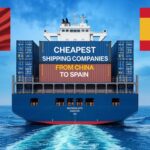
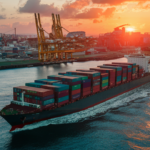








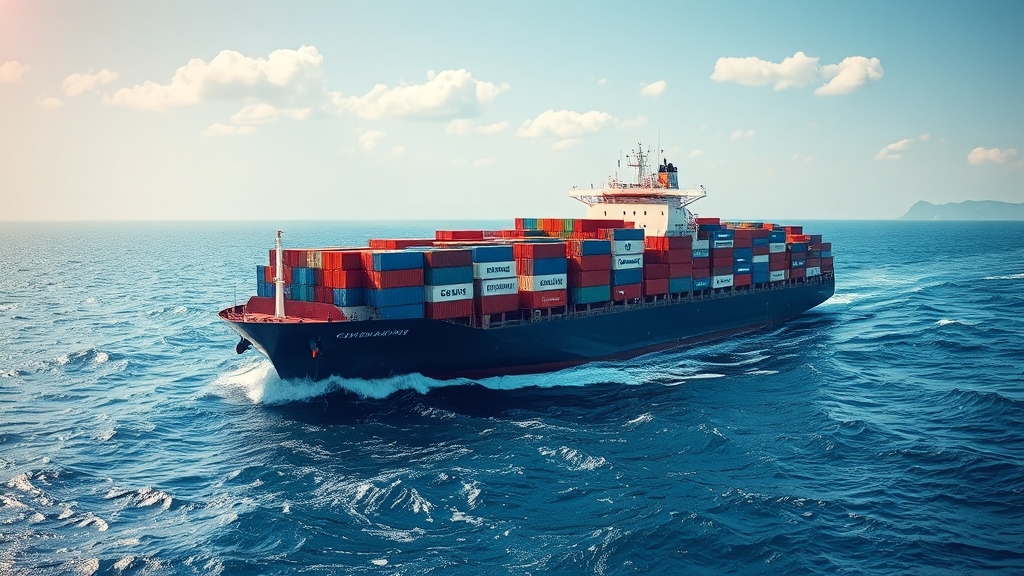
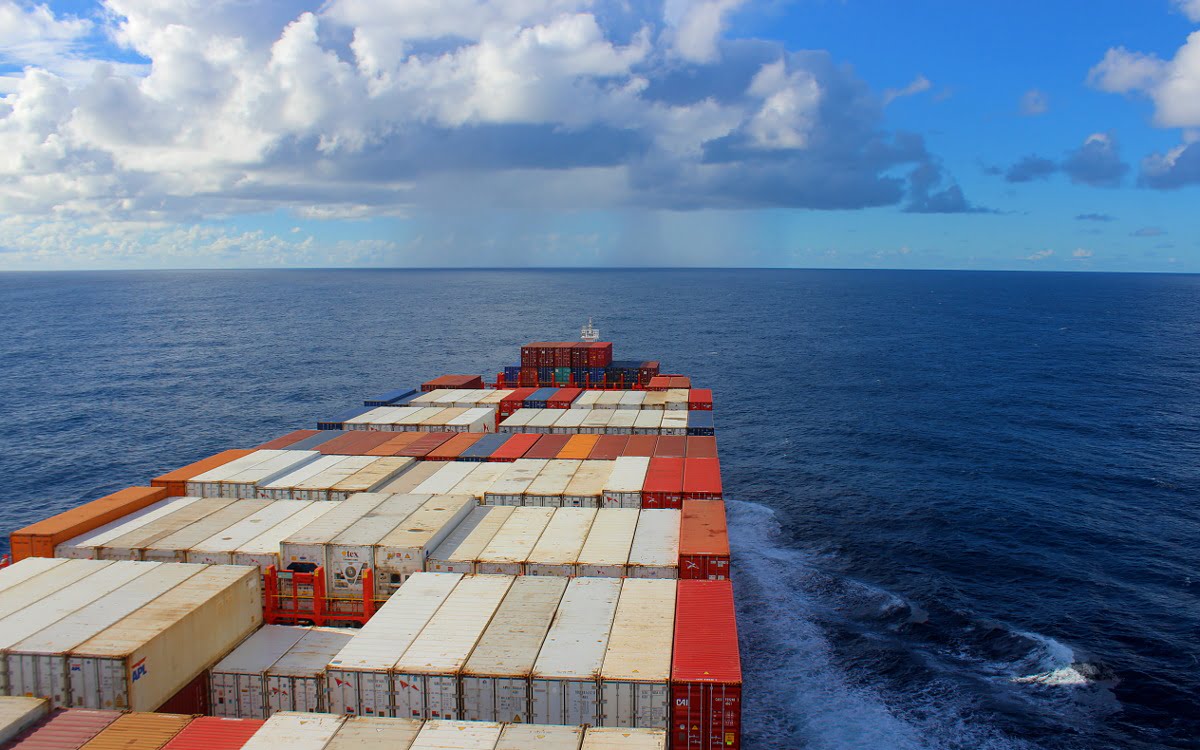
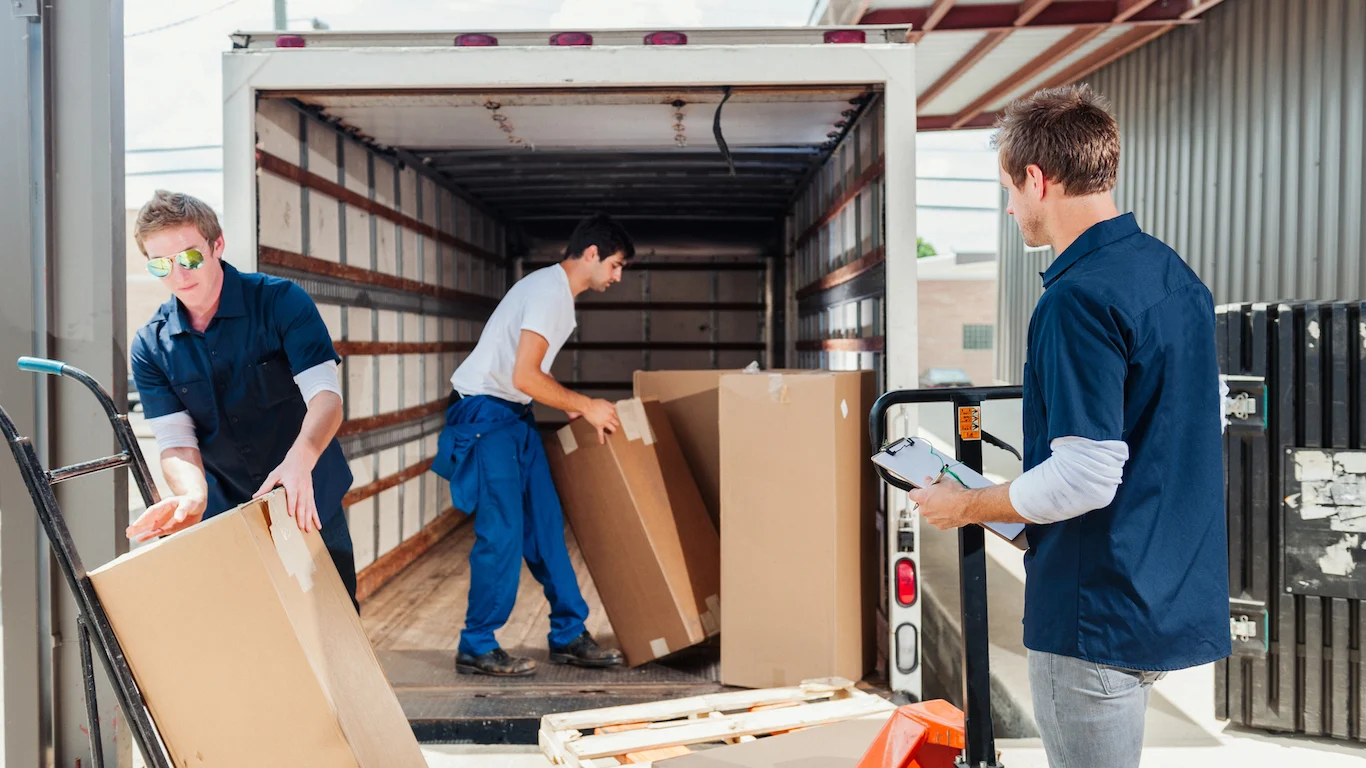
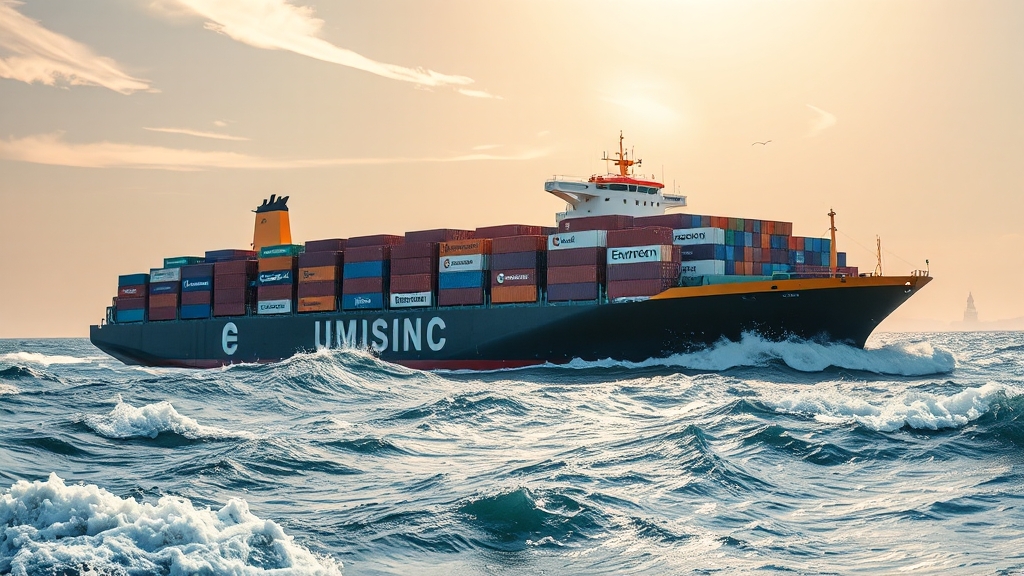
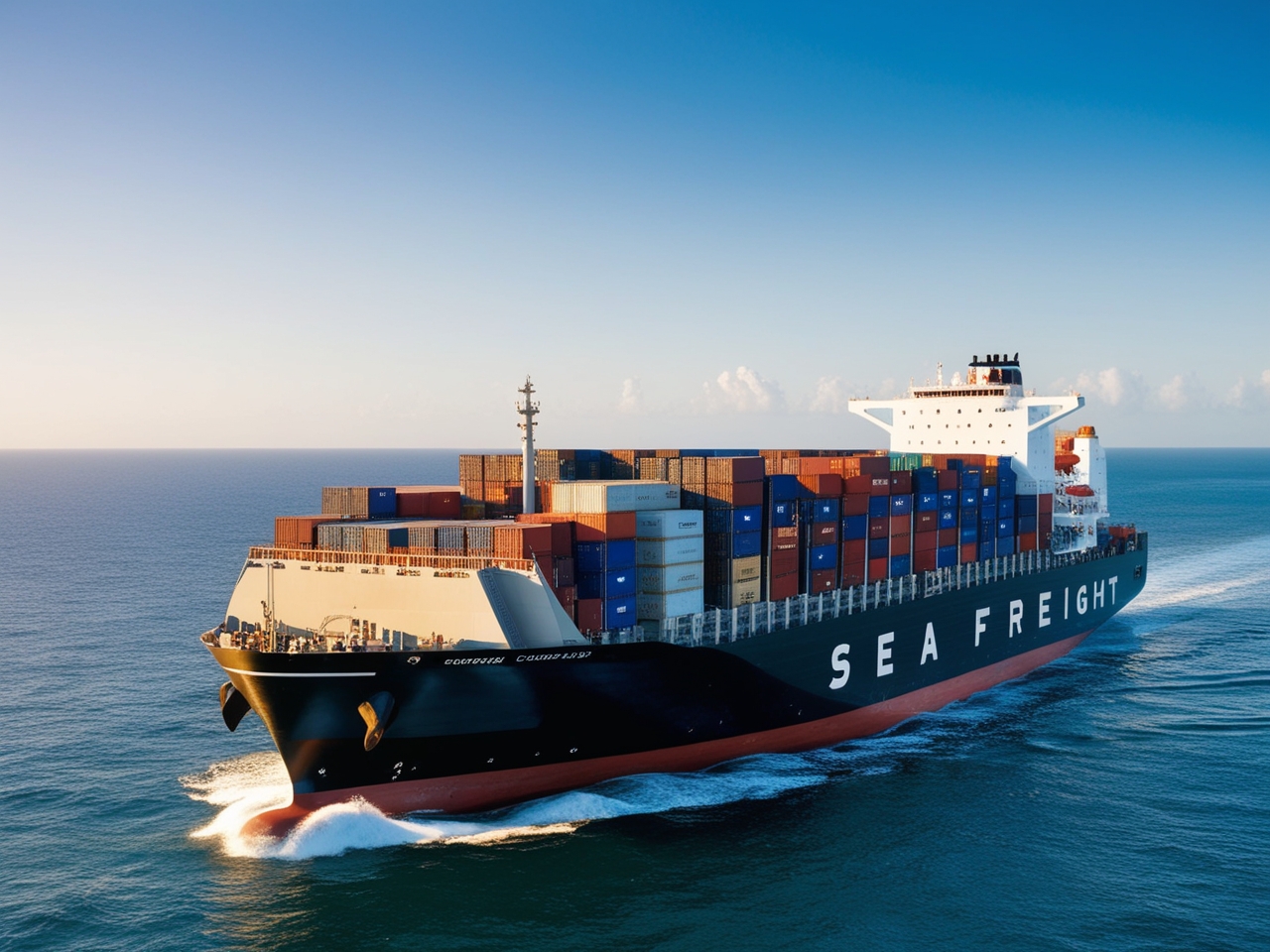





 Afrikaans
Afrikaans Shqip
Shqip አማርኛ
አማርኛ العربية
العربية Հայերեն
Հայերեն Azərbaycan dili
Azərbaycan dili Euskara
Euskara Беларуская мова
Беларуская мова বাংলা
বাংলা Bosanski
Bosanski Български
Български Català
Català Cebuano
Cebuano Chichewa
Chichewa 简体中文
简体中文 繁體中文
繁體中文 Corsu
Corsu Hrvatski
Hrvatski Čeština
Čeština Dansk
Dansk Nederlands
Nederlands English
English Esperanto
Esperanto Eesti
Eesti Filipino
Filipino Suomi
Suomi Français
Français Galego
Galego ქართული
ქართული Deutsch
Deutsch Ελληνικά
Ελληνικά Kreyol ayisyen
Kreyol ayisyen Harshen Hausa
Harshen Hausa Ōlelo Hawaiʻi
Ōlelo Hawaiʻi עִבְרִית
עִבְרִית हिन्दी
हिन्दी Hmong
Hmong Magyar
Magyar Íslenska
Íslenska Igbo
Igbo Bahasa Indonesia
Bahasa Indonesia Gaeilge
Gaeilge Italiano
Italiano 日本語
日本語 Basa Jawa
Basa Jawa ಕನ್ನಡ
ಕನ್ನಡ Қазақ тілі
Қазақ тілі ភាសាខ្មែរ
ភាសាខ្មែរ 한국어
한국어 كوردی
كوردی Кыргызча
Кыргызча ພາສາລາວ
ພາສາລາວ Latin
Latin Latviešu valoda
Latviešu valoda Lietuvių kalba
Lietuvių kalba Lëtzebuergesch
Lëtzebuergesch Македонски јазик
Македонски јазик Malagasy
Malagasy Bahasa Melayu
Bahasa Melayu മലയാളം
മലയാളം Maltese
Maltese Te Reo Māori
Te Reo Māori मराठी
मराठी Монгол
Монгол ဗမာစာ
ဗမာစာ नेपाली
नेपाली Norsk bokmål
Norsk bokmål پښتو
پښتو فارسی
فارسی Polski
Polski Português
Português ਪੰਜਾਬੀ
ਪੰਜਾਬੀ Română
Română Русский
Русский Samoan
Samoan Gàidhlig
Gàidhlig Српски језик
Српски језик Sesotho
Sesotho Shona
Shona سنڌي
سنڌي සිංහල
සිංහල Slovenčina
Slovenčina Slovenščina
Slovenščina Afsoomaali
Afsoomaali Español
Español Basa Sunda
Basa Sunda Kiswahili
Kiswahili Svenska
Svenska Тоҷикӣ
Тоҷикӣ தமிழ்
தமிழ் తెలుగు
తెలుగు ไทย
ไทย Türkçe
Türkçe Українська
Українська اردو
اردو O‘zbekcha
O‘zbekcha Tiếng Việt
Tiếng Việt Cymraeg
Cymraeg יידיש
יידיש Yorùbá
Yorùbá Zulu
Zulu